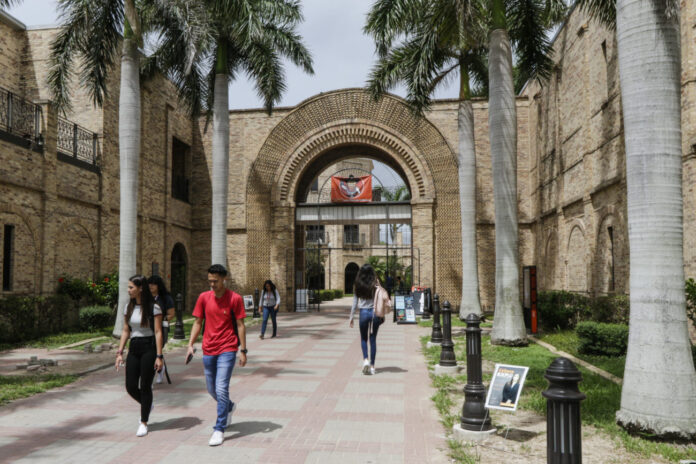Imagine a local car dealer who wants to make the University of Texas Rio Grande Valley a national power in collegiate soccer, and help recruit players who are rising stars on junior national teams worldwide. In return, those athletes would appear on commercials advertising the dealer’s vehicles. That is now possible, after the National Collegiate Athletic Association’s recent ruling that athletes can receive endorsements and other compensation and retain their collegiate eligibility. Private sponsors — not the schools — now can make endorsement deals with star athletes.
Of course, the new revenue stream for athletes doesn’t change the primary objective of higher education — to give students tools that can help them build successful careers, regardless of their athletic ability. We trust athletes, their families and athletic teams don’t lose sight of that objective.
The NCAA ruling, which followed a Supreme Court decision that student athletes have a right to earn money from their name, image and likeness, surely will change the game for many students, and universities, at all levels. The Texas Legislature, anticipating the rulings, changed state law to allow student-athletes to earn promotional money.
We can expect some tweaking along the way. Athletes with endorsement deals might gain access to prototype or specialized equipment, drawing complaints of having unfair advantages. If managed correctly, such innovations, used by endorsed athletes, can help improve performance and safety at a faster rate than we currently see.
The changes obviously bring most attention to major sports like football and basketball, and sponsors such as sports clothing and equipment makers. The largest schools, teams and companies obviously have an advantage in landing the nation’s top recruits. A smaller school, however, could develop a strategy to become dominant in a secondary or niche sport, and parlay that success into building stronger programs in all sports.
UTRGV already is enjoying such attention, albeit outside the realm of athletics. In Russia, where chess is often called the national sport, people have taken note of our university’s internationally renowned program, and many young Russian masters have come to the Valley, benefiting both themselves and our local chess team.
Chess isn’t governed by the NCAA, but a successful sports team could draw similar attention to the university.
Could sponsorships enable UTRGV to become a powerhouse in a sport such as soccer, tennis or track and field? One university athlete just returned from a semifinal qualification at the U.S. Olympic trials in the discus throw. Such success could draw attention to the team, and attract promising athletes who are looking for a solid program with good coaching.
A creative strategy might help recruit athletes in such sports who can augment scholarships with endorsement revenue to earn a degree but who see football and basketball players capture endorsement deals at larger schools.
Endorsements open a new world for all collegiate sports, at all levels. As in any new world, creative minds can find ways to benefit.




